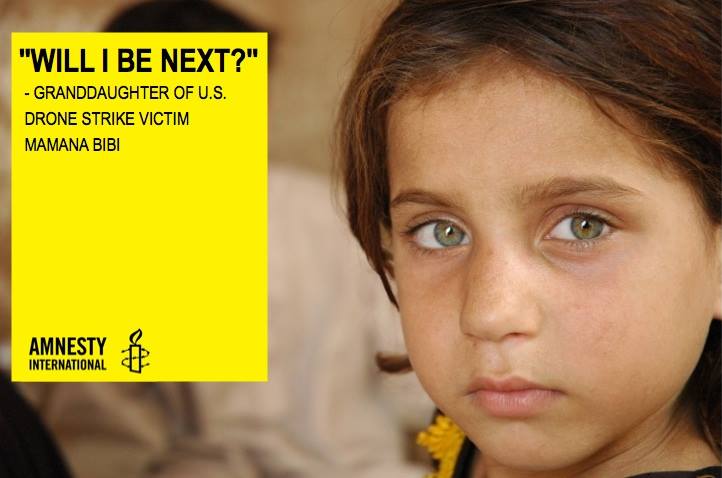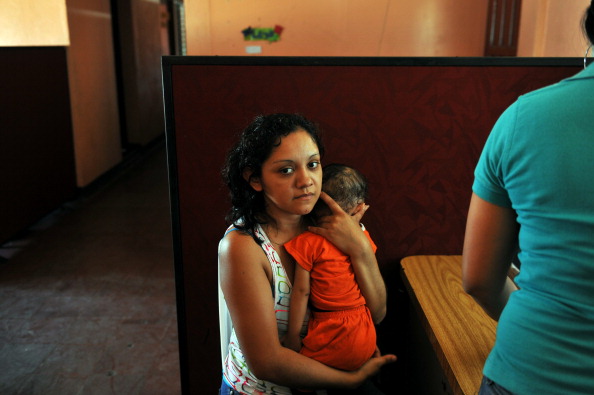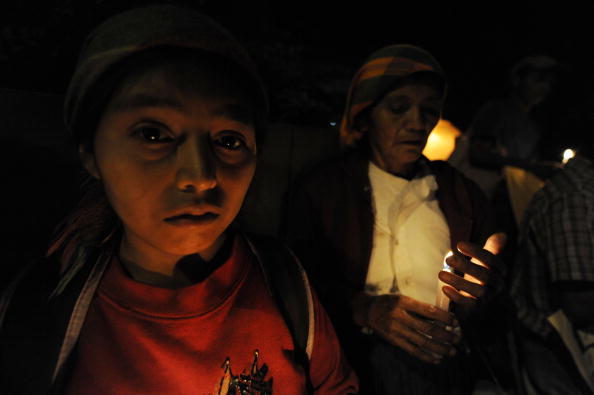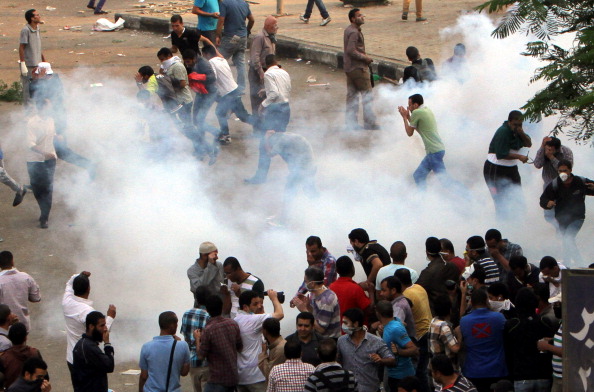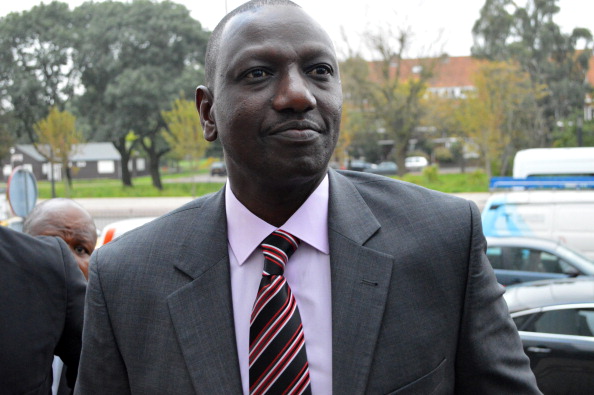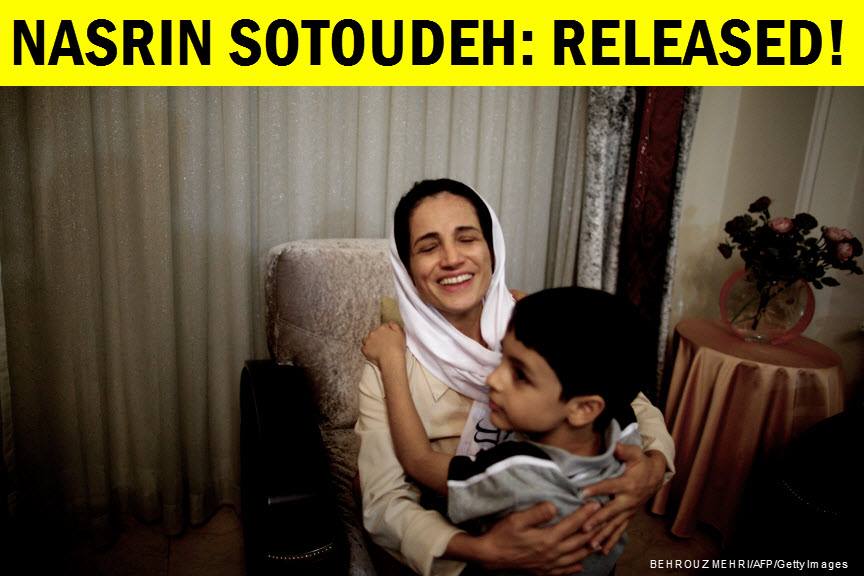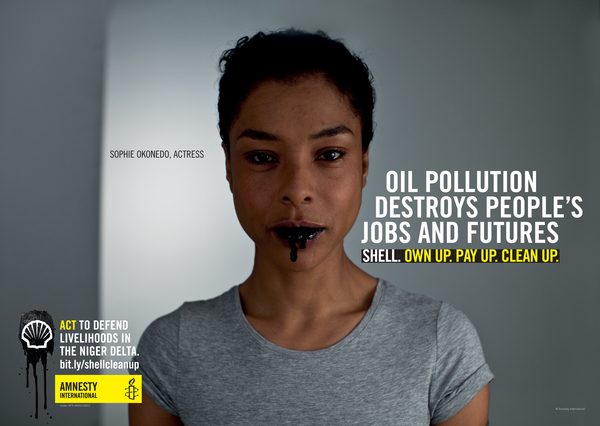By Mustafa Qadri, Pakistan Research at Amnesty International
It was a sunny October afternoon last year when Mamana Bibi was blown to pieces before her grandchildren’s very eyes. The family matriarch, Mamana Bibi was picking vegetables in the family fields in northwestern Pakistan when a remotely piloted aircraft – or “drone” – used by the United States fired a missile directly toward her, killing Mamana instantly. A second volley of missiles was fired a few minutes later, injuring some of the children who ventured out to where their grandmother had been struck.
Almost a year to the day, the Bibi family’s lives have been torn apart. In a number of in-depth interviews over the last eight months, the family recounted to me how they sold ancestral lands to pay for their injured relatives’ steep medical bills. Mamana’s grief-stricken elderly husband, a respected retired local headmaster, rarely leaves the house. Their grandchildren, including 8-year-old Nabeela, now live in constant fear of the drones, which seem ever present in the skies.
